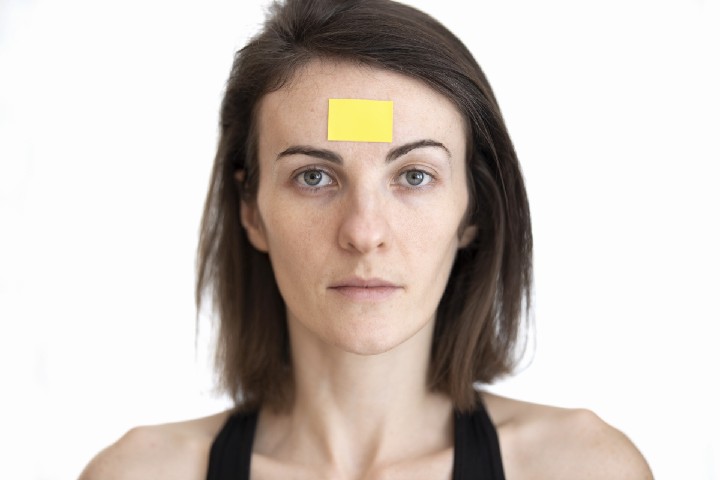
12 Aug I Don’t Need a Label
“Why would I call myself White?” said the White woman
I haven’t written much about my RV days on Medium yet. Those stories will come later. During the month of August I’’m posting daily articles about race. Today’s story, however, would never have happened if my husband and I weren’t full-time RVers.
When you live on the road, decisions about where to go and when to go there are frequently determined by geography and climate. We discovered early on that campgrounds and RV parks in the northern states usually close down in October or November. One day I’ll write the story about using a hair dryer to thaw out the door of our RV, which was frozen shut because we were parked in Illinois in January.
During the 15 years we lived on the road, we spent most of our winter months in San Diego, Phoenix, or Florida. We tried southern Texas once, but it turns out we were not well-suited to that environment. The year this particular story takes place, we were parked in an RV resort on a barrier island in Melbourne Beach, Florida. It was populated mainly by “Snowbirds,” retirees who live in the North part of the year and migrate to the South in November. Most of the Florida snowbirds came from New York.
Their dwellings were called “park models,” mobile homes that had become permanent. Only a few spaces were left for full-time travelers. This place had many advantages: it was relatively inexpensive, always warm, and across the street from the ocean. The main drawback — at least in our opinion it was a drawback — was that everyone was White. In the five months we stayed there, during which I walked around the entire park daily, I never saw a resident person of color.
Across the bridge, on the mainland, were pockets of diversity. Black Americans and people of African descent from the Islands lived in one neighborhood, Cubans and Puerto Ricans in another. The White majority was a mix of Northerners and native Floridians. There were very few places where these populations interacted with each other.
My husband and I were in the process of writing our book (which includes an embarrassing story about my encounter with two Black construction workers at the RV resort and a disturbing story about a Black friend who visited us there). We decided to join a writer’s critique group in hopes of getting useful feedback to help us refine our manuscript.
The group consisted of five White women and one White man. They welcomed us warmly, and our first meeting was enjoyable and helpful. We were given an assignment to write the 25-word blurb that would appear on the back cover of our book. The following week we showed up with the result of our considerable efforts:
“A white couple’s personal account of a journey that took them into the lives of African Americans, where they discovered their greatest challenge — their own racial conditioning.”
We were quite satisfied with our blurb, but when I read it, there was an immediate and uncomfortable reaction among the members of the group.
“Why do you have to say that you’re White?” asked one woman.
Her question stumped us for a minute. When we explained that our whiteness was a crucial element of our book, she got upset.
“I don’t like that,” she said. “It makes me feel like I have to think of myself with a label. I don’t need a label. I’m just a human being.”
Then another woman said, “I certainly wouldn’t buy the book if I read that blurb. You’re calling attention to your whiteness; that tells me your book will be lecturing and condescending. I know you’re going to accuse me of something.”
There were more comments in the same vein. Try as we might, we were unable to help them see the illogical nature of their argument. How could we write a book about our racial conditioning without talking about being White?
They were not having it. They were fine with labeling others but wanted none of that for themselves. I think we went to one or two more meetings before admitting that we weren’t going to get what we needed from this particular critique group.
White privilege tells me that in almost all situations, I’m not required to identify myself as White. I can think of myself as “just a normal person,” and our society lets me get away with that.
I will never forget the first time I attended a Martin Luther King Day pancake breakfast at a Black church in Atlanta. The sign-in sheet had boxes to check for ethnicity. The only option that applied to me was “non-Black.” That was the first time in my life I was ever forced to think of myself as “non” something.
It’s very good for us White people to experience that kind of challenge to our assumptions about our identity. It actually happens to me often here in Atlanta, which is why I choose to live here. I think it makes me a better human being.
Photo by engin akyurt on Unsplash



No Comments